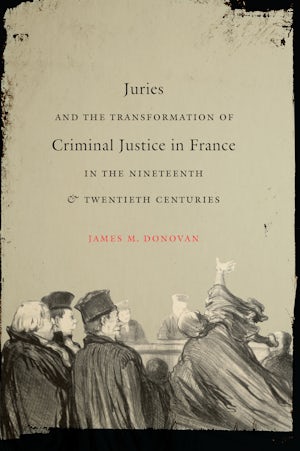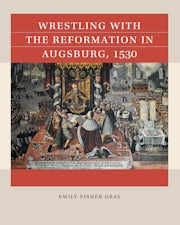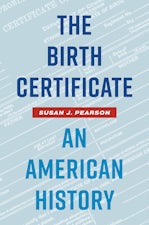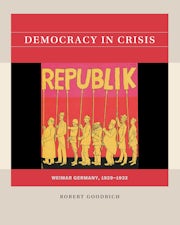Juries and the Transformation of Criminal Justice in France in the Nineteenth and Twentieth Centuries
By James M. Donovan
272 pp., 6.125 x 9.25, 10 tables, notes, bibl., index
-
Paperback ISBN: 978-1-4696-2218-7
Published: December 2014 -
E-book PDF ISBN: 979-8-8908-7982-0
Published: February 2010 -
E-book EPUB ISBN: 978-0-8078-9577-1
Published: February 2010
Studies in Legal History
Buy this Book
- Paperback $37.50
- E-Book $19.99
For Professors:
Free E-Exam Copies
From their introduction in 1791 as an expression of the sovereignty of the people through the early 1900s, argues Donovan, juries often acted against the wishes of the political and judicial authorities, despite repeated governmental attempts to manipulate their composition. High acquittal rates for both political and nonpolitical crimes were in part due to juror resistance to the harsh and rigid punishments imposed by the Napoleonic Penal Code, Donovan explains.
In response, legislators gradually enacted laws to lower penalties for certain crimes and to give jurors legal means to offer nuanced verdicts and to ameliorate punishments. Faced with persistently high acquittal rates, however, governments eventually took powers away from juries by withdrawing many cases from their purview and ultimately destroying the panels' independence in 1941.
About the Author
James M. Donovan is associate professor of history at Pennsylvania State University at Mont Alto.
For more information about James M. Donovan, visit
the
Author
Page.
Reviews
"A comprehensive study of juries on the administration of criminal punishments and on the transformation of penal law in France from 1791 to 1941. . . . Highly recommended."--Choice
"One of the many merits of Donovan's erudite and incisive book is to trace the many twists and turns of the experiment and to explain why it has been so troubled. . . . An authoritative and useful book."--Journal of Interdisciplinary History
"A useful overview of general ideological trends related to jury trials, highlighted by comparisons with developments in the English and American judicial systems."--Law and History Review
“Donovan has written a fine study illuminating the relationship between criminal procedure, politics and popular opinion.”--European History Quarterly
"This book is the product of wide reading and analytic ingenuity. It is a model study in the complex relationship between criminal procedure, substantive criminal law, and politics, and it deserves the attention of French historians and scholars of criminal law alike."--James Q. Whitman, Yale University
"Donovan makes a new and important contribution to the study of criminal justice in Europe by placing the institution of the jury in its broader judicial, political, and intellectual context. He demonstrates that as an independent force closely attuned to the views of the French laity, the trial jury played a crucial role in adapting criminal law to meet the needs of the broader society. An excellent book."--Robert Allen, Stephen F. Austin State University




